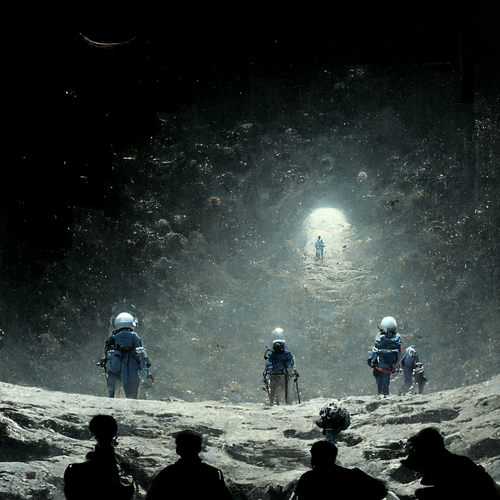
Some of the early concepts explored by ACT researchers have led to missions and mainstream activities, such as the NASA DART and ESA Hera missions for planetary defense against asteroids, the use of artificial intelligence and computer vision for Earth observation and spacecraft guidance, navigation and control, and the concept of fully relativistic positioning systems to name a few. Others have ‘just’ led to academic papers.
In addition to taking the first steps in new topics, the team has pioneered a variety of novel working methods, ranging from scientific crowd-sourcing, podcasts and open science to open source tools and recognition of the value of fresh approaches such as biomimetics.
The 14 September workshop will be an occasion to spark discussions on a concepts and research trends that emerged from the ACT within recent years, focusing on topics such as artificial intelligence, neuromorphic computing, quantum technology, architecture and material design as well as evolution-guided ‘evomimetics’ for space.

